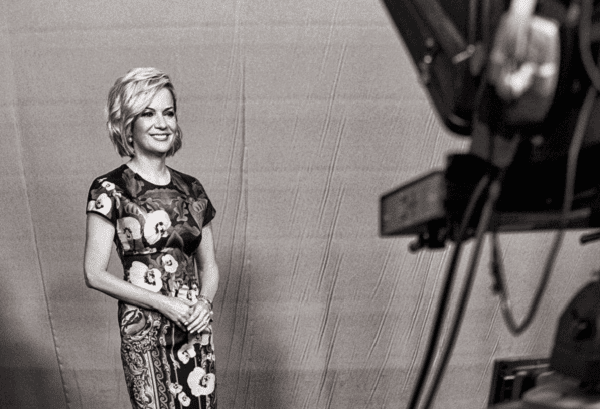Let that sink in for a moment. On average, one woman is killed by a current or former partner every week in Australia, according to the Australian Institute of Criminology, in sickening acts of domestic violence each year.
Yet, as a nation, we seem to be becoming strangely desensitised to the statistics and stories we see in the news of woman after woman being killed in domestic disputes. These horrifying, miserable stories deaden us a little more each time, leaving behind a society that is becoming numb to the evidence of one of our most violent epidemics.
Women are facing abuse in their homes, whether in the form of the better-known types of violence (like physical, sexual, verbal, and financial abuse) or the lesser-known forms of abuse – those targeting a woman’s emotional, social or spiritual wellbeing. Children are experiencing and witnessing things that most of us find it difficult to even comprehend.
Almost all of us know someone with stories of domestic or family violence – we may even have our own – but the fear that traps people in toxic relationships also silences survivors, preventing them from speaking about their experiences and passing valuable knowledge and courage onto those still trapped. Having reported on many of these cases over the years, this has become a cause very close to my heart, and it is heartbreaking.
We need to help women and children feel they can speak about their own experiences, sharing their stories with those who may be inspired by someone else’s struggle and strength. We need to provide resources for women facing domestic violence to access and take their first steps to a life free of domestic violence. They need to know they are not alone – there is hope and help for them.
Working with BaptistCare on the Halo Ball to raise funds for the frontline support services they provide to women and children, is a chance for me to give back to the community that has supported me as a journalist for so many years. So far, the Halo Ball has raised over $300,000 over the past four years to directly support women and children recovering from their situations, but more support is still needed – because unfortunately, domestic violence remains a reality. It may be hidden out of sight, behind closed doors, but it is still present at all levels of society.
For women experiencing abuse, who are nursing breaks and bruises both physical and emotional, I want you to know you are not alone.
The support services provided by BaptistCare and similar organisations are available to anyone experiencing violence in a relationship, and are a first step in speaking up and breaking the cycle of abuse to protect current and future generations from soul-destroying violence.
Domestic violence is isolating, but it is not an isolated issue. When we work together, we can do more to help rebuild lives – and even save them. We can make a real and lasting difference to the lives of people who are experiencing domestic violence by donating to charities that provide frontline support services. Doing so directly helps women and children escape dangerous situations, start afresh, and build new lives free from the tension, fear and despair of violence at home.
Rather than allowing ourselves to become numb to the issue of domestic abuse, we must shake off our paralysis, stand beside those facing it, and give them good reason to hope and fight for change in their lives – and celebrate with them as they succeed and thrive.
Sandra Sully is hosting the fourth annual BaptistCare Halo Ball to raise much-needed funds for women and children experiencing family and domestic violence. This year the Halo Ball will be putting the spotlight on frontline support services for families impacted by domestic violence, such as supported accommodation, no-interest or low-interest loans, and counselling.

